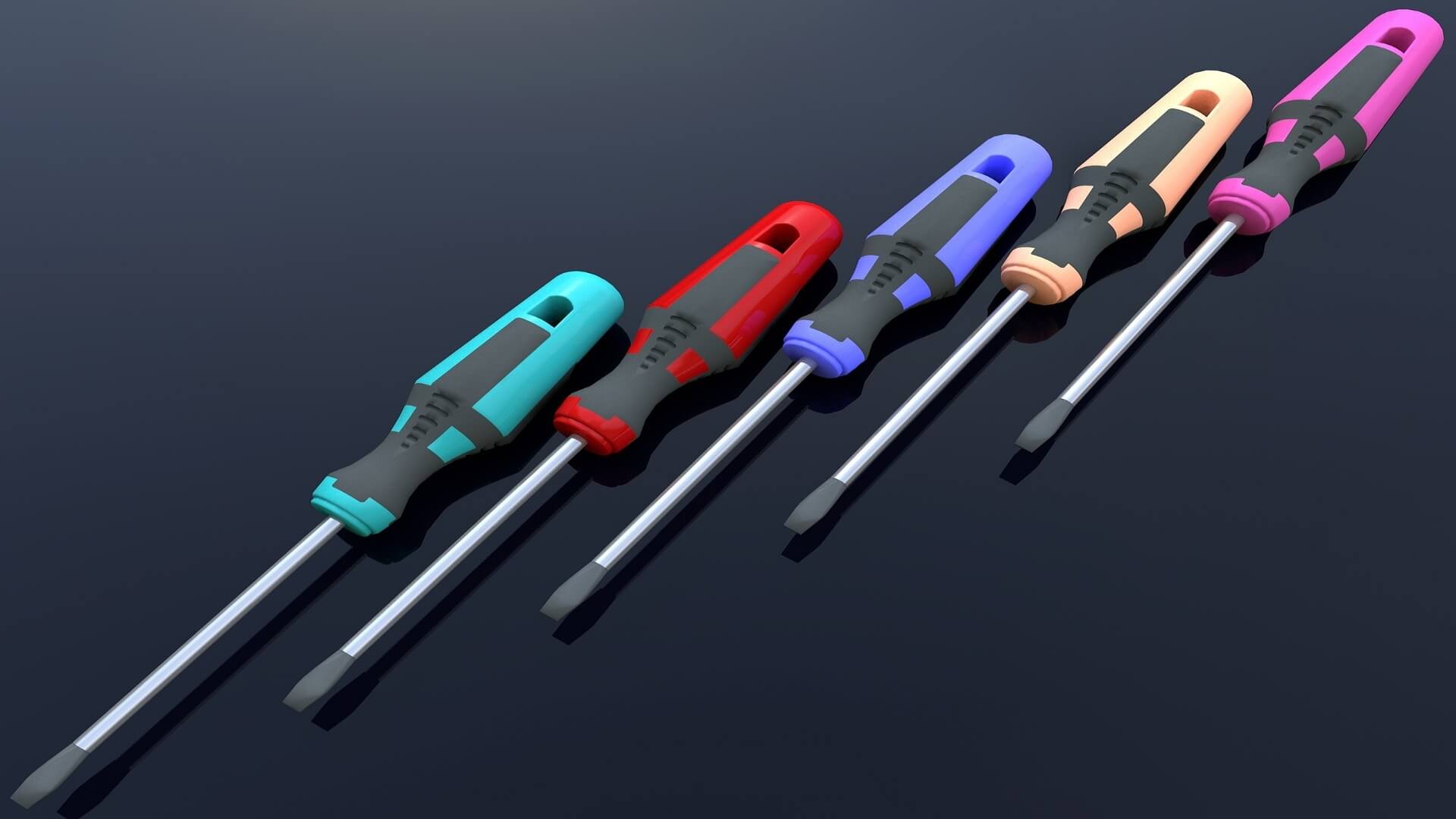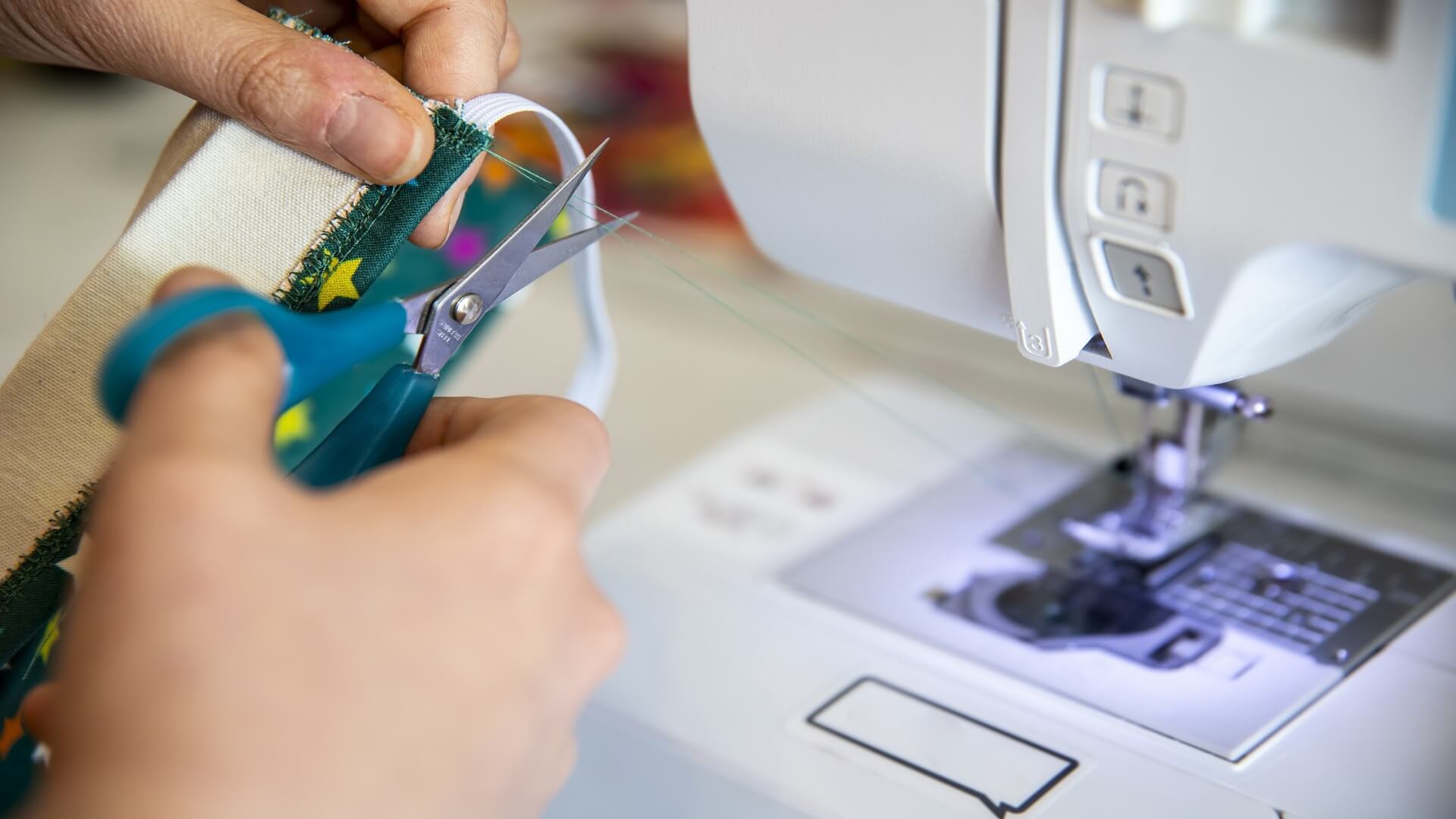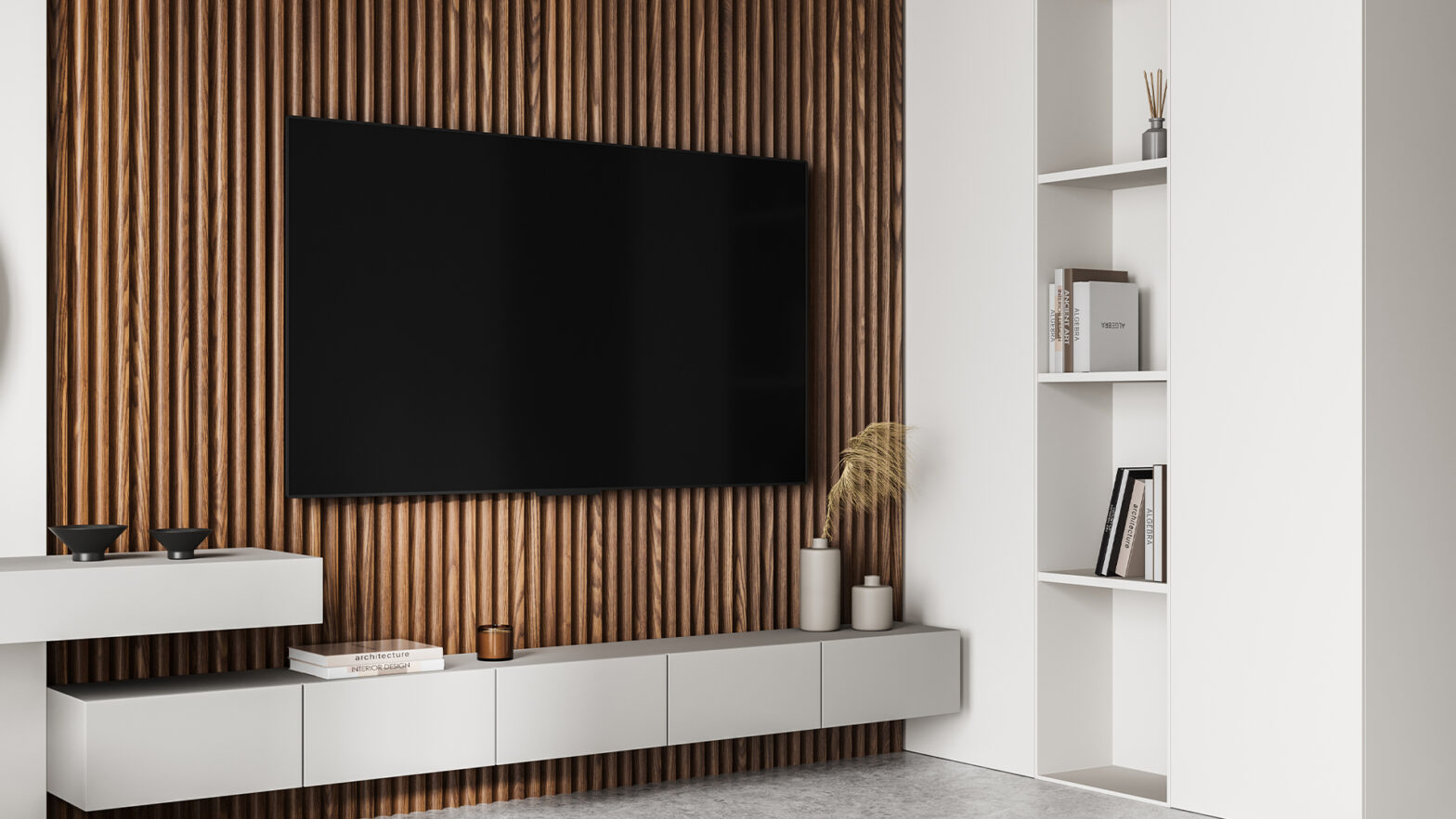When embarking on a DIY project, it is essential to have the right tools for the job. If you try to do a project with the wrong tools, you will likely end up frustrated and with a botched job. This blog post discusses some of the most valuable tools you need for your DIY projects. Whether you are trying to build a deck or just hang a picture frame, these tools will help make the process much easier.
Pocket knife
For most people who love to DIY, a pocket knife should be one of the first tools they reach for. The uses of a pocket knife are virtually endless and can make many tasks much more straightforward. It is an essential tool for any DIY enthusiast, from opening paint cans to carving out wooden shapes. However, in choosing a pocket knife, it is vital to ensure that it is of good quality to ensure the safety and efficiency of your projects. In this case, a pocket knife with Deejo blades will be ideal. This type of blade is made with 420 stainless steel and is highly resistant to corrosion so it will last a long time. Going for one with a carbon fiber handle will also provide extra strength and durability.
Screwdriver set
Another vital tool to have in your arsenal is a screwdriver set. This is especially important for projects that require a lot of drillings, such as building shelves or furniture. A decent set of screwdrivers will help make the job much easier and faster, as you don’t have to worry about searching for the correct size every time. It will also prevent any damage caused by incorrect sizes of screwdrivers and slipping or slipping out of the screw head. Depending on your project, you may need both Phillips and flathead screwdrivers, so it’s best to have a set that includes both. Phillips screwdrivers have a cross-shaped slot that fits screws with a Phillips’s head. On the other hand, a flathead screwdriver has a single slot that fits screws with a flathead.
Drill
A drill is another must-have tool for any DIYer’s toolbox. Whether you are drilling holes in wood, plastic, or metal, a good quality drill will make the job easier and more precise. It’s also an important tool to have when installing screws into walls and other surfaces. When choosing a drill, ensure it is of good quality and has enough power to do the job. You should also consider getting one with multiple speeds and reversible settings to adjust it to suit your specific needs. Speed is critical if drilling into hard materials like metal, as it will help make the job faster and easier. Usually, a 12V or 18V drill will be suitable for most DIY projects.
Tape measure
No DIY project should be attempted without a tape measure. Whether you are measuring lengths of wood or just need to know where to hang a picture frame, having a reliable tape measure on hand is essential. When choosing a tape measure, make sure that it is made of durable materials like fiberglass and has markings that are easy to read. It’s also essential to choose one with a suitable locking mechanism, so it stays in place when measuring out longer lengths. A retractable tape measure is usually the best option as it will easily fit in your pocket.
Sewing kit
If your DIY project involves fabric or any kind of stitching, then a sewing kit is necessary. Even if you are not exceptionally skilled with a needle and thread, having the right tools will make it much easier to get the job done. A basic sewing kit should include a pair of scissors, needles, threads in various colors, pins, thimbles, and tape measure. You may also want to get a couple of fabric shears if you plan on cutting out fabric pieces. The right tools will make the job much more accessible and help ensure your project looks professional and well-crafted.
Safety equipment
Although safety should always be prioritized, it is imperative in DIY projects where there is a risk of injury. Ensure you have all the necessary safety equipment, such as goggles and gloves, if you are using power tools or working with hazardous materials. It’s also essential to ensure your workspace is well-lit and free from any potential tripping hazards. Keeping these in mind will help keep everyone safe during the project and ensure it is completed successfully.
By having the right tools for your projects, you can be assured that they will be done correctly and efficiently. The above items are just some of the essential tools you need for DIY projects, but many others depend on what you’re doing. So do your research and get the right ones for the task at hand. Doing so will save you both time and money in the long run. Happy DIY-ing!


































